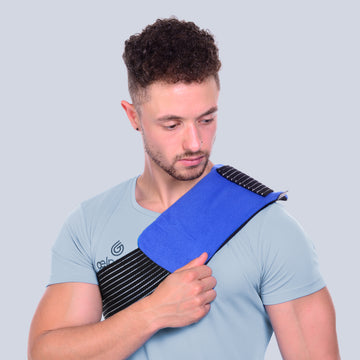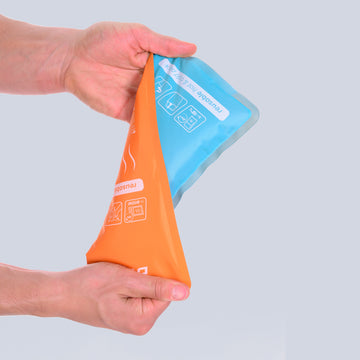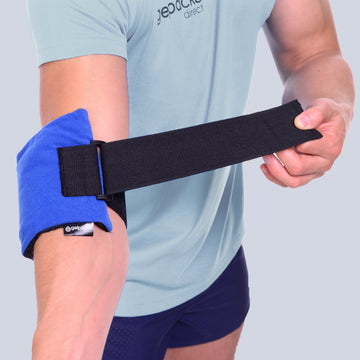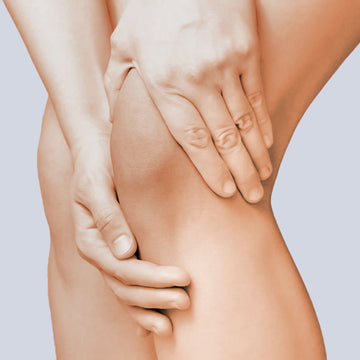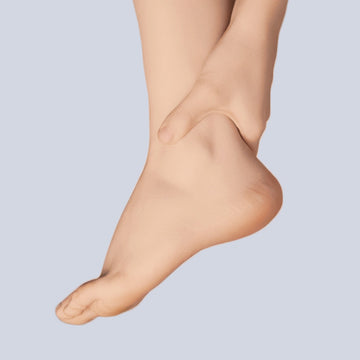Posted by Tia Patel | Dec-17-2020

Tops Way to Treat and Manage Shoulder Pain
Shoulder injuries occur with repeated or sudden movements. It can happen while playing sports, exercising, or falling, and during everyday activities such as reaching for something on a shelf or gardening. This is more likely if you raise your arms above your head or lift something heavy without bending the elbows or using your legs to lift the weight. This includes overreaching to put that golden star on the top of your Christmas tree - which leaves us saying “my shoulder hurts!”.
Some of the most common causes of shoulder pain in athletes are acromioclavicular joint injuries, rotator cuff tendonitis and tears, labral and superior labral anteroposterior tears, fractures and arthritis as well as activity-specific injuries such as thrower’s shoulder, swimmer’s shoulder and rugby shoulder.
We’ve got 5 at home remedies for treating sore shoulders and 2 exercises to keep your shoulders strong and flexible.
At home sore shoulder remedies
Treating shoulder pain often involves soothing inflammation (swelling and redness) and strengthening muscles. Here are some ways of providing natural shoulder pain relief:
- Cold therapy can help reduce swelling in the shoulder with cooling also helping to numb pain. Apply an ice pack for up to 20 minutes, up to five times a day. Wrap the cold pack in a soft towel or wrap. Do not apply a cold pack directly to skin.
- Compression wraps the shoulder with an elastic medical bandage to help reduce swelling and pain. Wrap it snugly but not too tight. You don’t want to block blood flow. If your arm or hand begins to feel numb or tingly, or turn blue, loosen the compression bandage.
- Heat therapy helps to relax tense muscles and soothe a stiff shoulder by allowing clean blood to flow back through the heated area. It can help with muscle pain and arthritis in the shoulder.
- Rest and activity modification. Stop or change the activity that may have caused the shoulder pain. It’s important to move the shoulder gently to keep the shoulder muscles strong and flexible but not in a way which causes huge amounts of pain.
- Anti-inflammatory medications help to relieve pain and lower inflammation. Over-the-counter drugs include aspirin, ibuprofen, and naproxen. Reducing inflammation is important in rotator cuff injuries, tendonitis and arthritis, and other shoulder injuries. Pain Medication can also help you cope with the injury and get better sleep as you recover. It's important to consult a doctor before taking these for a long period of time.
Exercises and Stretches
Regular exercises and stretches can keep your shoulders stronger and more flexible. Here are two of our favourites:
Pendulum stretch for range of motion
- Stand and bend at the waist.
- Let your arm on the injured side hang straight down.
- Keep your neck relaxed.
- Move your arm in a circle up to 20 times and complete at least once everyday.
Overhead shoulder stretch
- Sit or stand to do this shoulder stretch.
- Intertwine your fingers in front of you.
- Bend your elbows and raise your arms above your head. You can also place your hands on your head or behind it.
- Gently squeeze your shoulder blades together to move your elbows back.
- Continue for up to 20 repetitions, repeating 5 to 10 times a day.
Of course it's important to stop any exercise if you have more shoulder pain as it may be too soon for you to try. Watch your form. Exercising incorrectly can also cause or worsen shoulder problems. Warm up, even before deep stretching. Light shoulder rolls, gentle movements, or even a warm shower are all ways to warm up your muscles before exercise and stretching.
#TeamGPD
